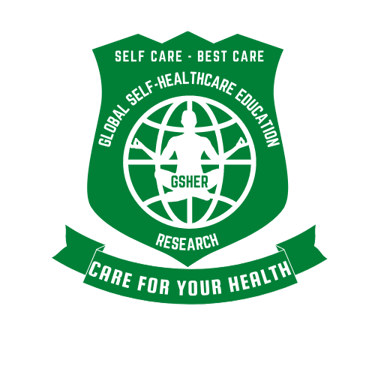A Doctor's Confession: Promoting Self-Healthcare for integral Health.
The Decades-old Secret.
HEALTH


As a doctor, I have spent years dedicated to my patients' well-being, seeking to ease their pain and restore their health. However, from my experiences and insights, I've realized that, as doctors, we frequently miss a critical part of healing: the power of self-healthcare. In this confession, I hope to shed light on the significance of self-healthcare and how it can supplement medical procedures, eventually leading to holistic health.
Medical experts perform an important role in detecting ailments, administering medications, and delivering required therapies. These actions are, without a doubt, critical to controlling numerous health issues and saving lives. We must, however, acknowledge their limitations. Traditional medicine typically addresses an individual's physical features, treating symptoms, and addressing the underlying causes of disorders. While this technique is important, it does not necessarily address the larger context of an individual's well-being.
Self-healthcare refers to a variety of practices and activities that people engage in to improve their physical, mental, and emotional well-being. Self-healthcare activities enable people to take an active role in their own well-being, which contributes to their overall healing process. When we prioritise self-healthcare, we give our bodies the help they need to function properly and restore equilibrium
By adopting self-healthcare, we may foster a healing atmosphere. Regular exercise, good nutrition, adequate relaxation, and stress management skills can all have a positive impact on our general well-being. Participating in enjoyable activities, such as hobbies or spending time in nature, boosts mental and emotional well-being, which is inextricably linked to our physical health.
There is mounting evidence that our mental and emotional states can impact our physical health. Chronic stress, for example, can contribute to a variety of health problems, such as cardiovascular disease, weakened immunological function, and mental health disorders. We can create a good mind-body connection and boost our body's ability to recover by including mindfulness practices, such as meditation or yoga, into our self-care routines.
It is critical to emphasize that self-healthcare should not replace but supplement medical measures. Self-healthcare practices can improve the effectiveness of medical therapies and speed up the healing process. As healthcare providers, we must encourage our patients to participate in their own care by educating them on the benefits of self-care and assisting them in adopting personalized methods.
In our journey toward healing, we must recognize the importance of self-healthcare and its ability to contribute to overall well-being. As a doctor, I admit that, while any medical (traditional or alternative) interventions are important, they are insufficient to facilitate long-term healing. Individuals can actively contribute to their own well-being and empower themselves to live better, more fulfilled lives by embracing self-care practices. Let us work together to promote self-healthcare as an important component of healthcare, encouraging our patients towards holistic healing.
Gsher is dedicated to promoting self-care internationally in order to keep the earth healthy and vibrant for the long term. If you share our goal of a better world, then join us and help us build a worldwide community. The decades-old secret.
DR BISWAJIT MOHAPATRA.
CHAIRMAN, GSHER
9437042490
